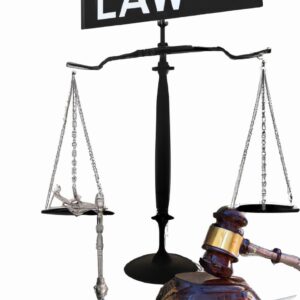
quitclaim deed after death
A quitclaim deed after death transfers ownership of property to named beneficiaries without warranties. It simplifies inheritance by avoiding lengthy probate processes.
ESTATE PLANNING Page 21

A quitclaim deed after death transfers ownership of property to named beneficiaries without warranties. It simplifies inheritance by avoiding lengthy probate processes.
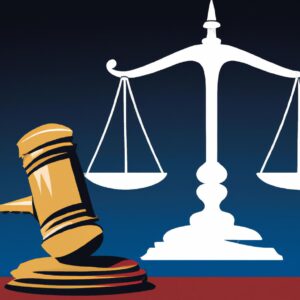
Searching for the deed to your house? Look no further than your local county recorder’s office. This is where the official documents are kept that prove you are the rightful owner of your home.
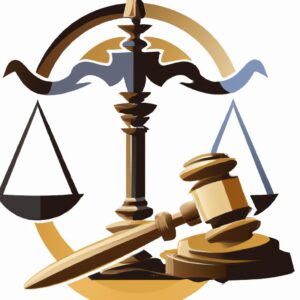
Survivorship wills are a powerful tool for couples who own property jointly. This legal document ensures that if one partner passes away, the other automatically inherits the shared assets.
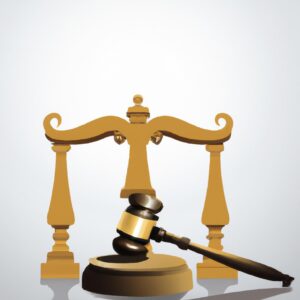
Opening a bank account for a trust can provide security and ease in managing assets. It ensures the smooth management of funds for the benefit of beneficiaries.
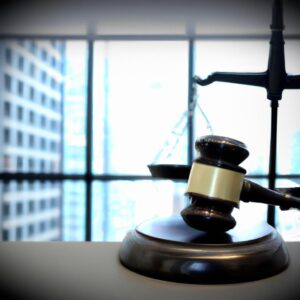
Is a generation skipping trust irrevocable? This question has been a topic of debate among legal experts. While some argue in favor of its irrevocability to ensure the intended beneficiaries receive their inheritance, others advocate for flexibility in case circumstances change. The complexity of this issue highlights the importance of seeking legal advice before setting up a generation skipping trust.
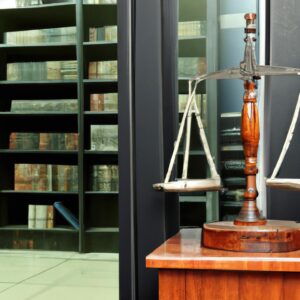
Nonprobate assets are assets that do not have to go through the probate process upon the owner’s death. These assets include things like life insurance policies, retirement accounts, and jointly owned property. Understanding nonprobate assets can help you better plan for the distribution of your estate.

Deciding what to wear to a memorial service can be a daunting task. Men should strive for a balance of respect and comfort, opting for subdued colors and classic styles. Remember, the focus should be on honoring the memory of the departed, not making a fashion statement.
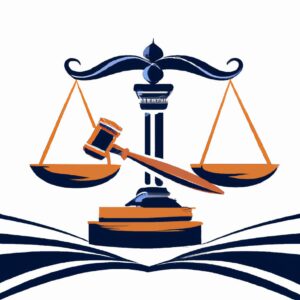
Losing a loved one is never easy, and navigating the legal process of claiming their property can feel overwhelming. In this article, we will guide you through the steps to successfully claim the property of a deceased relative.

Wills come in many forms to suit individual needs. From simple handwritten wills to complex living trusts, there are options for everyone. Find the right one for you to ensure your wishes are carried out.

Ensure your legacy is protected with an LGBT estate planning attorney. Secure your assets and ensure your wishes are honored. Plan for the future today.
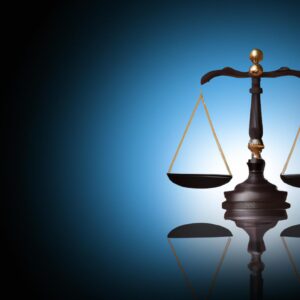
Discover the complexities of being on the deed but not the mortgage. Learn about the implications of this arrangement and how it can impact your ownership rights and financial responsibilities.
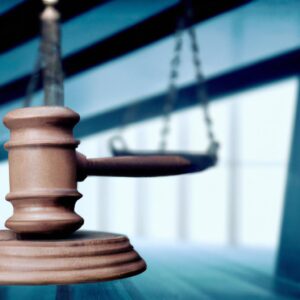
Looking to buy property in New York? Consider exploring probate sales for unique opportunities. From historic brownstones to modern condos, you never know what hidden gems you might find in the city that never sleeps.
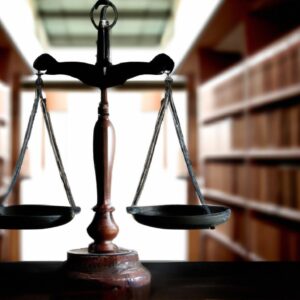
Adoption and conservatorship may both involve caring for a child, but the legal implications are vastly different. While adoption permanently transfers parental rights, conservatorship is temporary and only grants decision-making authority. Understanding the nuances is crucial.

A Do Not Resuscitate (DNR) living will is a legal document that allows individuals to specify their desire to not receive CPR or other life-saving measures if their heart stops or they stop breathing. It ensures their wishes are respected in times of medical crisis.
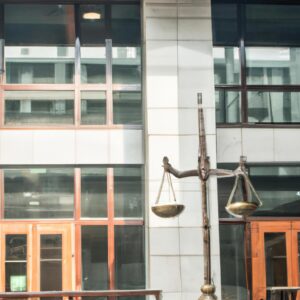
Looking to create a will but not sure where to start? There are many options available, from online will-making services to legal professionals. Consider your needs and budget before deciding where to go to get your will made.
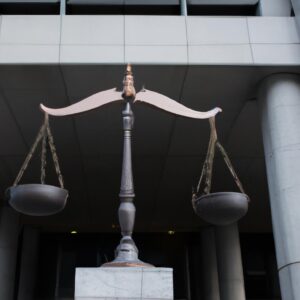
A letter of testimony is a written document that provides a detailed account of someone’s character, abilities, and achievements. It is often used in legal proceedings or for employment purposes to provide an unbiased perspective on an individual’s background.
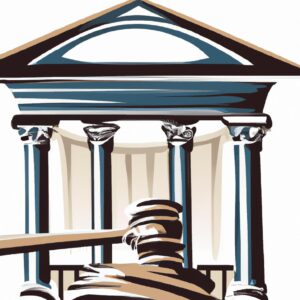
In the realm of personal finance, the question of whether children can be held responsible for their parents’ debts is a complex and often misunderstood topic. While many people assume that offspring are automatically liable for their parents’ financial obligations, the reality is much more nuanced. Let’s explore the intricacies of this issue and shed some light on the myths and facts surrounding the question: can you be held responsible for your parents’ debt
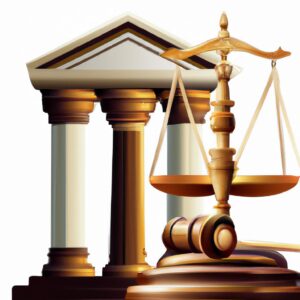
When searching for the deed to your house, the quest may seem daunting. Fear not, as this vital document can be obtained from your local county recorder’s office or online through reputable land record websites. Keep calm and deed on!

The reading of a will after death typically occurs shortly after the funeral, providing loved ones with important information regarding the deceased’s final wishes. While this can be a solemn and emotional moment, it is crucial for ensuring that the deceased’s wishes are carried out as intended.
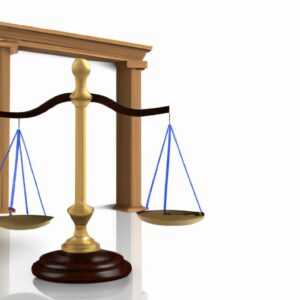
Setting up a trust allows individuals to protect and manage their assets for future generations, avoid probate, and maintain privacy. It provides a secure way to distribute assets according to one’s wishes and protect beneficiaries from creditors or irresponsible spending.

Selling a car with a TOD title can be a straightforward process if you understand the necessary steps. From transferring ownership to navigating potential challenges, here’s what you need to know before selling your vehicle with a Transfer on Death title.
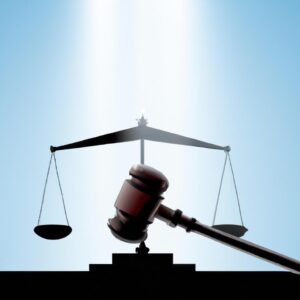
Frozen in time, the rumor of Walt Disney’s body being cryogenically frozen after his death continues to intrigue and mystify. Despite no concrete evidence, the legend persists, adding to the enigmatic legacy of the beloved entertainment mogul.
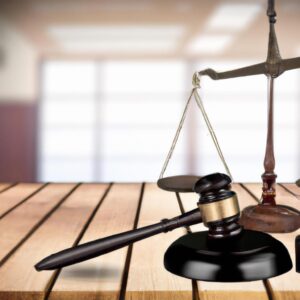
A death certificate is a crucial document required for a variety of legal matters, from settling inheritances to closing bank accounts. It provides proof of a person’s passing and is necessary for anyone handling the affairs of the deceased.
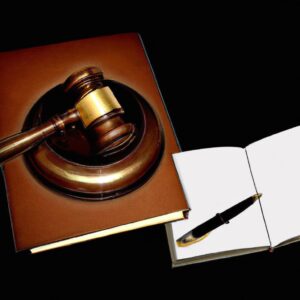
In order to activate a springing power of attorney, certain conditions must be met as outlined in the legal document. Understanding these requirements is essential for ensuring the power of attorney is properly executed when needed.
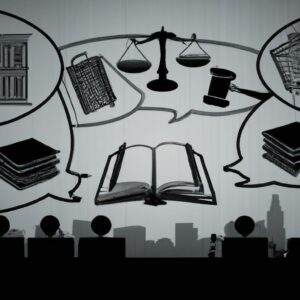
Many people consider a time share to be an asset, providing opportunities for vacations and potential rental income. However, some argue that the maintenance fees and fluctuating market value make it a liability.

When a loved one passes away, their will typically goes into probate. Probate is the legal process of validating a will and administering the deceased’s estate. It ensures that their wishes are fulfilled and their assets are distributed accordingly.

Funds trusts are versatile investment vehicles that pool money from various investors to purchase securities. They provide diversification, professional management, and potential for growth.

Imagine buying your dream home, only to find out there’s a mistake in the deed. Don’t worry – a corrective deed can help fix the error and protect your investment. Check out this example to see how it works.
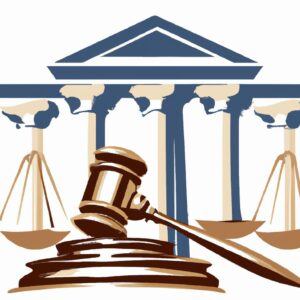
Navigating the world of estate planning can be daunting, especially in New York. Whether you need a will or a trust depends on your unique circumstances. Let’s explore the options to protect your assets and ensure your wishes are fulfilled.
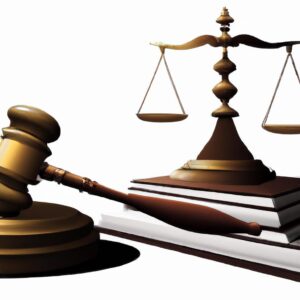
Will property is the legal document that determines who will inherit a person’s assets after their death. It ensures that the deceased’s wishes are carried out and can help prevent disputes among family members.